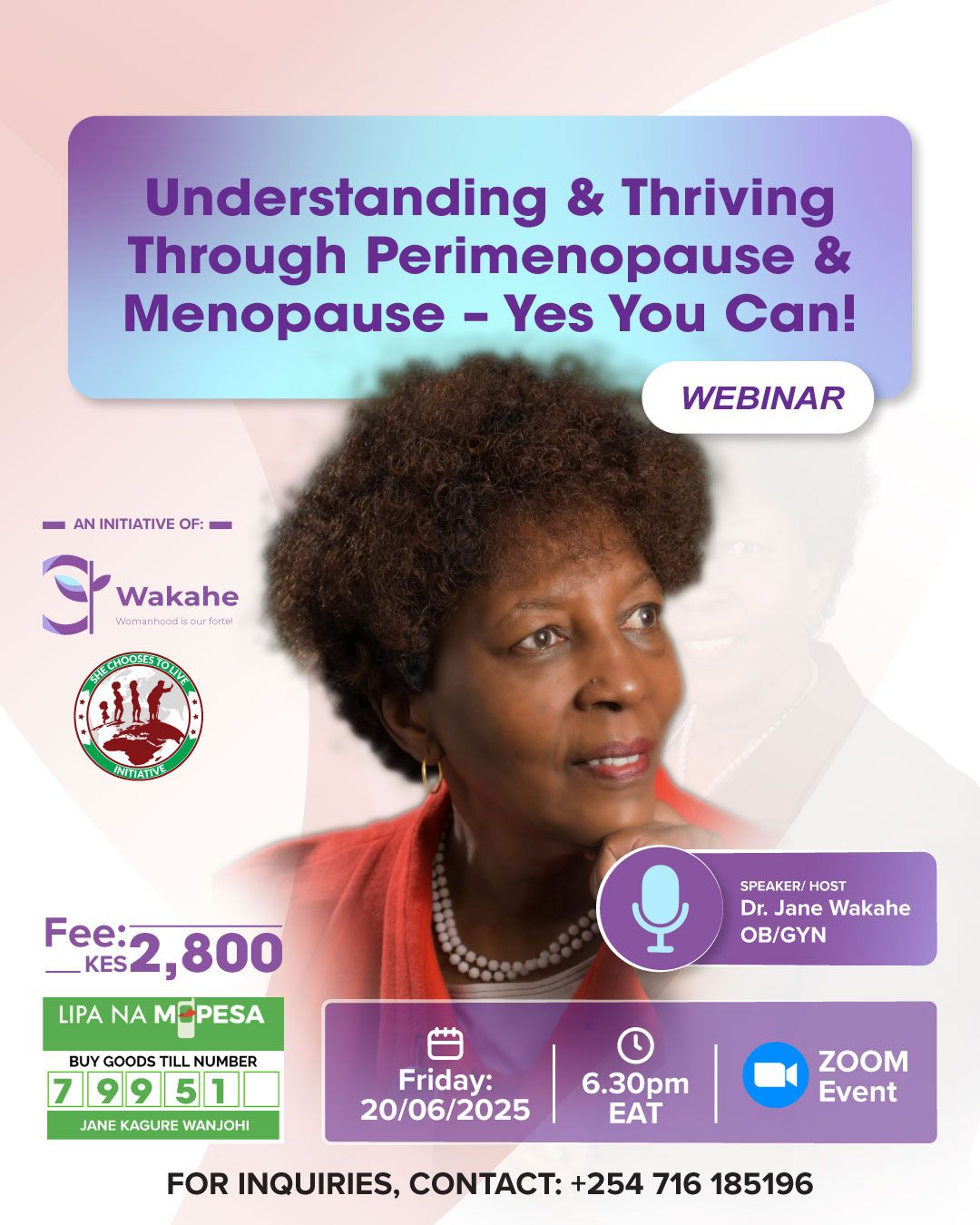Functions of Ovaries
The ovaries are essential reproductive organs in women, primarily responsible for producing two key hormones: oestrogen and progesterone. These hormones play crucial roles in various physiological processes and aspects of female health, including the development of secondary sex characteristics, regulation of the menstrual cycle, and maintenance of pregnancy.
Oestrogen
Oestrogen is vital for numerous functions within the female body as described below.
- Regulates the Menstrual Cycle: Oestrogen helps control the growth and release of eggs from the ovaries, ensuring regular menstrual cycles.
- Supports the Endometrium: Oestrogen promotes the growth and maintenance of the endometrium, the inner lining of the uterus, which is essential for a successful pregnancy.
- Maintains Vaginal Health: Oestrogen keeps the vaginal walls thick and elastic, which can prevent painful intercourse. During menopause, decreased oestrogen levels lead to vaginal atrophy, making sexual intercourse uncomfortable.
- Heart Health: Oestrogen has a protective effect on the cardiovascular system. Menopausal women are 2-3 times more likely to suffer from heart attacks compared to their reproductive years due to the decline in oestrogen levels.
- Bone Health: Oestrogen plays a critical role in maintaining bone density. After menopause, the rapid decrease in oestrogen levels can lead to significant bone density loss, often exceeding 10%, resulting in osteoporosis. Within 10 years post-menopause, 1 in every 2 women (50%) will experience a fracture. This risk can be mitigated through a calcium-rich diet and regular physical exercise, particularly weight-bearing activities. Bone density can be assessed using a special type of X-ray called a DEXA scan.
- Hair Growth and Maintenance: Oestrogen is important for healthy hair growth. Post-menopause, reduced oestrogen levels can lead to thinning hair and even male-pattern baldness in some women.
Progesterone
Progesterone is another crucial hormone produced by the ovaries, with several key functions:
- Prepares the Endometrium: Progesterone readies the endometrium for the implantation of a fertilized egg, creating a supportive environment for early pregnancy.
- Supports Early Pregnancy: The ovaries increase progesterone production to sustain a pregnancy, especially during the first trimester. A deficiency in progesterone can lead to miscarriages in early pregnancy, but this can often be prevented with supplemental progesterone.
- Prepares for Breastfeeding: During pregnancy, progesterone helps suppress milk production. After childbirth, the drop in placental progesterone triggers lactation, allowing for breastfeeding.
The combined action of oestrogen and progesterone orchestrates many critical aspects of female reproductive health, ensuring proper development, reproductive success, and overall well-being. Understanding the roles and impacts of these hormones is essential for managing health throughout a woman's life, particularly during transitional phases like menopause.
Latest Posts

- 🗓️ Date: Friday, June 20th 2025
- 🕡 Time: 6:30PM EAT
- 🎟️ Early Bird Offer: KES 2,500 (Valid until Saturday, June 7th)
- 📲 Pay via M-Pesa Till No: 79951
- ☎️ For inquiries call: 0716185196
Cervical Cancer Awarness
November 22, 2024
Subscribe to our Newsletter and stay in the
loop of our latest News and Updates